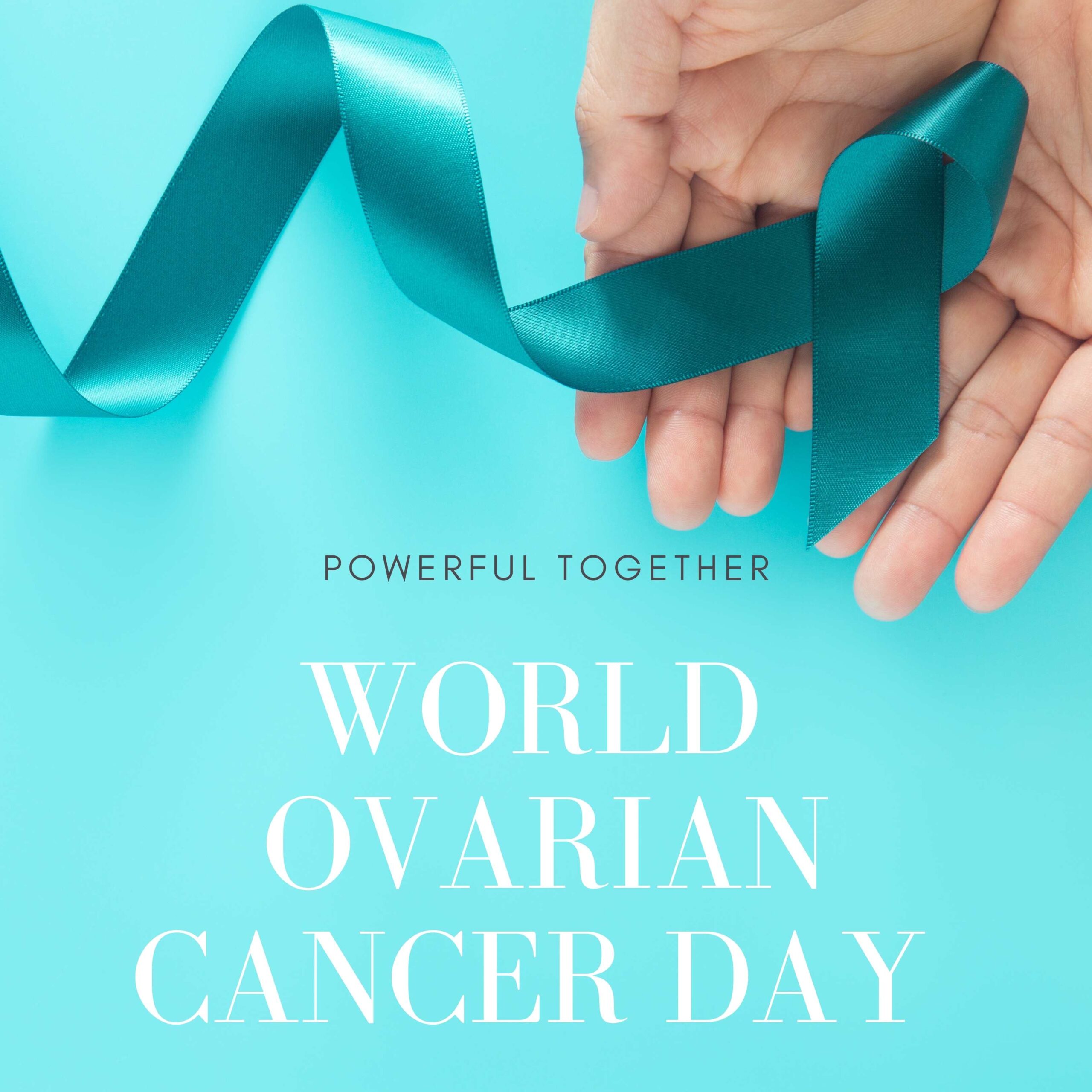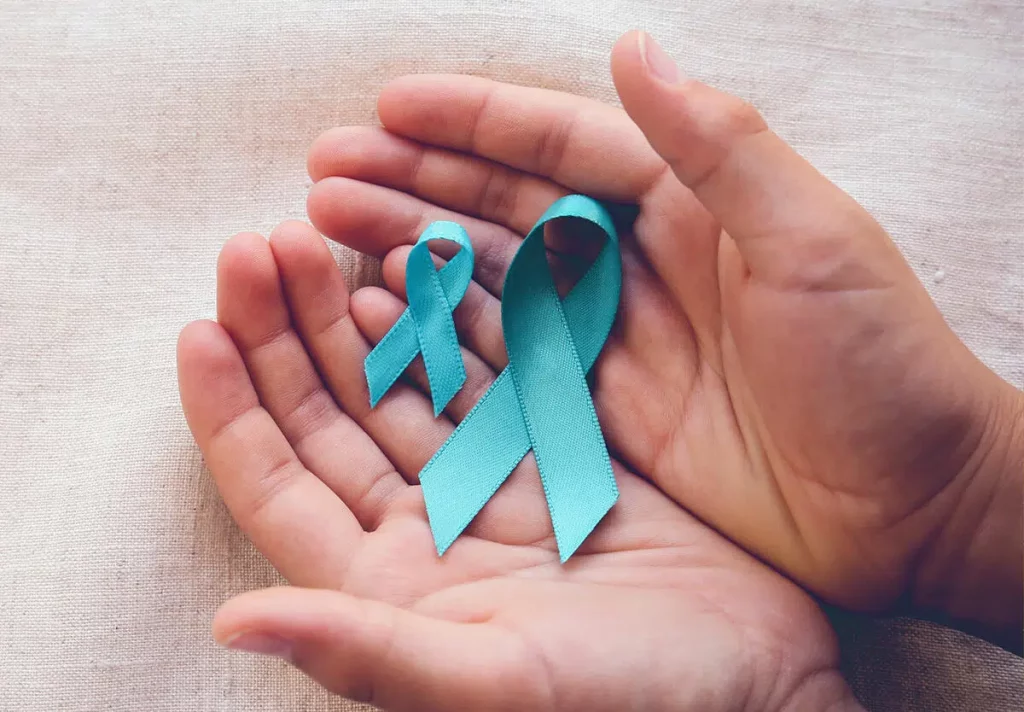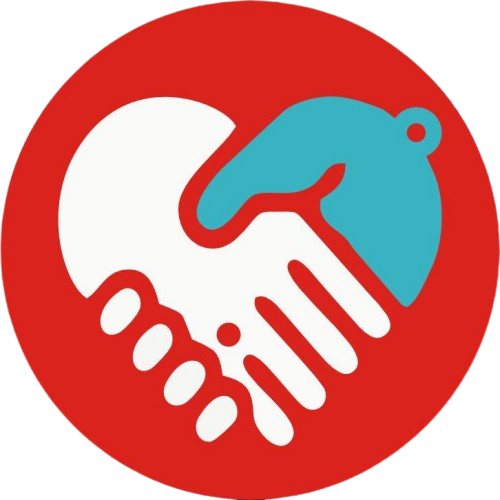
Today, We Fight Ovarian Cancer: A Global Effort.
Every year on May 8th, the global community comes together to observe #WorldOvarianCancerDay, a poignant reminder of the ongoing battle against this silent but deadly disease. This day isn’t just about raising awareness; it’s a call to action, urging women worldwide to equip themselves with knowledge, advocate for better research and treatments, and ultimately take control of their health.

The statistics surrounding ovarian cancer are sobering.
- Globally, ovarian cancer is the eighth most common cancer among women.
- In Nigeria, it’s the second most common gynecological malignancy, accounting for around 30.5% of cases.
- By 2024, the number of women succumbing to this disease annually is expected to surge to a staggering 350,956—a nearly 70% increase from just a couple of years ago.
Delving deeper into the numbers reveals stark realities. A woman’s lifetime risk of developing ovarian cancer stands at 1 in 87, while the risk of dying of invasive ovarian cancer is 1 in 130. These figures highlight the insidious nature of the disease—it often goes undetected until advanced stages, making effective treatment more challenging.
This dramatic rise underscores the urgent need for heightened awareness, early detection strategies, and more effective treatment modalities. Early detection is crucial in the fight against ovarian cancer. While there’s no single screening method, recognizing symptoms and risk factors can significantly improve the chances of successful treatment.
One of the critical factors in combating ovarian cancer lies in understanding its prevalence and impact. Globally, five-year survival rates vary significantly between countries, ranging from 36% to 46% in more developed regions. This disparity underscores not just the medical challenges but also the socioeconomic and healthcare access issues that influence outcomes.

Comparing ovarian cancer survival rates with other female-specific cancers paints a grim picture. Survival rates for ovarian cancer lag significantly behind breast and cervical cancers, emphasizing the critical need for enhanced screening methods, early intervention, and targeted therapies.
The journey toward combating ovarian cancer isn’t just about medical breakthroughs; it’s about empowering women with the tools and knowledge they need to navigate their health journey proactively. Encouraging regular health check-ups, promoting awareness of symptoms, and advocating for research funding are pivotal steps in this collective fight.
Prevention as they say, is better than cure. Though there is still no known way to prevent Ovarian Cancer, some things are associated with a lower chance of getting it. Here are some ways to mitigate your risk:
- Maintain a healthy weight: Obesity is a known risk factor of ovarian cancer. Achieving and maintaining a healthy weight include: Healthy eating: Stay hydrated with water and milk. As you grow older, plant based milk like soy milk is a healthier choice as it contains large amounts of isoflavones, similar in structure with the female hormone estrogen thereby helping to reduce the symptoms of perimenopause and menopause, and slowing down bone loss. It’s good to watch what you eat. Avoid drinks with added sugar. Physical activity is important. Set realistic goals like, 15-minutes walk three times a week, and be physically active in the course of your day. Ensure optimal sleep and stress reduction.
- Oral contraceptives: Using birth control pills for extended periods is proven to reduce the risk of ovarian cancer by 30% to 50%, though slightly increasing the risk of breast cancer.
- Family history: If you have a family history of ovarian cancer, genetic testing can be helpful.
Beyond medical advancements, and early detection, the narrative of ovarian cancer extends into advocacy, support networks, and destigmatizing conversations around women’s health. Survivors, caregivers, healthcare professionals, and advocates play pivotal roles in driving awareness, destigmatization, and progress in research and treatment.
As we mark World Ovarian Cancer Day in 2024, let us recommit to the cause: raising awareness, promoting early detection, advocating for improved treatments, and ultimately, empowering women worldwide to confront ovarian cancer with knowledge, resilience, and hope, so that #NoWomanLeftBehind is achieved.

